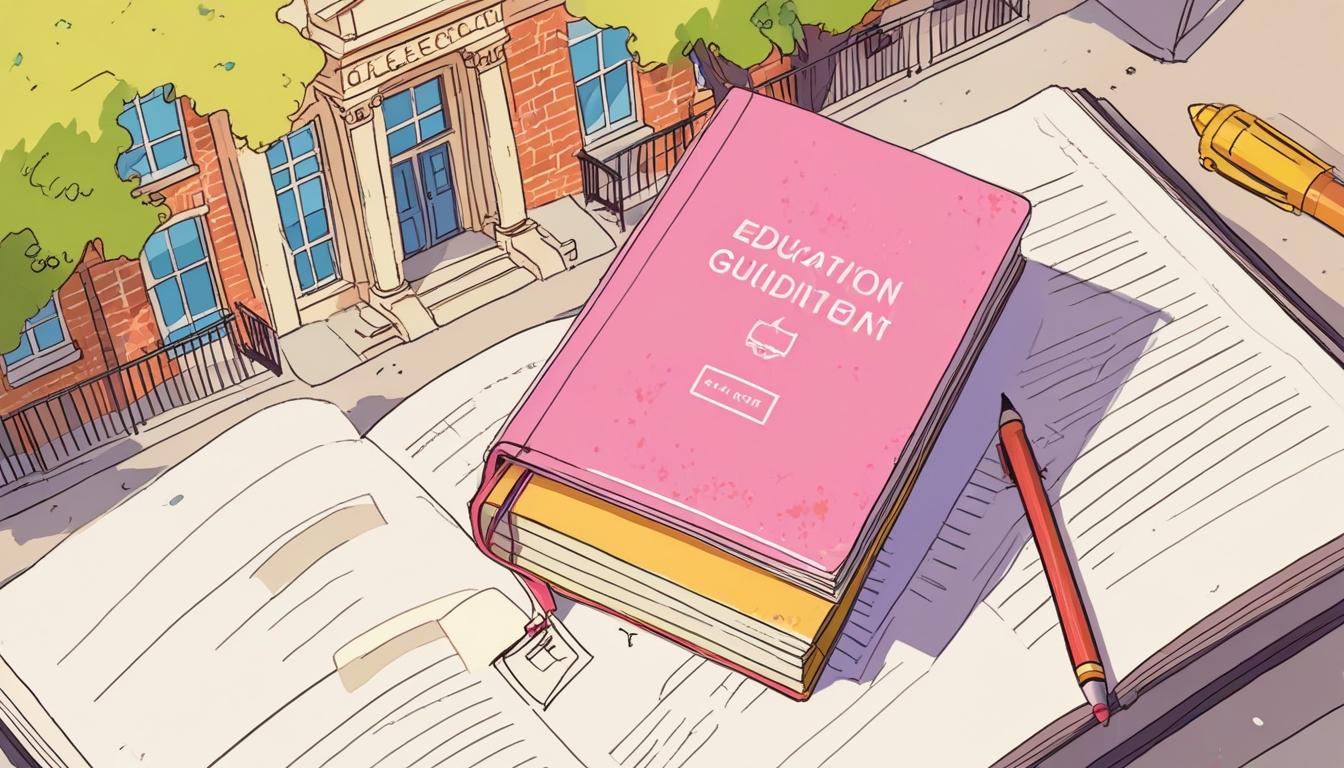Education unions and school leaders are urging the UK Government to issue clear and practical guidance for schools and colleges on how to interpret recent legal developments concerning children and young people questioning their gender identity.
This call follows a Supreme Court ruling issued on Wednesday which clarified that, under the 2010 Equality Act, the terms “woman” and “sex” refer specifically to biological women and biological sex. The judgement further specified that transgender women holding a gender recognition certificate (GRC) can be excluded from single-sex spaces, such as toilets and changing rooms, if such exclusion is deemed “proportionate”.
Patrick Roach, general secretary of the NASUWT teaching union, stated: “Following the Supreme Court judgment, the NASUWT has been contacted by teachers concerned about the implications for them and for the pupils they teach. The implications of the legal judgment will need to be considered carefully, and it is vital that the Government provides clarity and guidance to schools and colleges as quickly as possible.” He added, “Trans rights are human rights and we urge the Government to consider what further measures are needed to protect those rights in law and in practice.”
Julie McCulloch, director of strategy and policy at the Association of School and College Leaders (ASCL), echoed these concerns. Speaking to the Lancashire Telegraph, she said: “School and college leaders require clear, practical guidance from the Government on how to interpret the law in regard to children and young people questioning their gender. Draft guidance was produced by the last Government but is yet to be taken forward in any form by the current Government.”
The last set of draft guidance, published in December 2023 when the Conservative Party was still in power, outlined recommendations for supporting pupils who question their gender. Among these were directions that parents should not be excluded from decisions relating to a child’s “social transition” — including changing names, pronouns, and clothing — except in very rare circumstances where involving parents might pose a significant risk of harm to the child. The guidance also stipulated that schools and colleges “must always protect single-sex spaces” with respect to facilities such as toilets, showers and changing rooms.
Following the Supreme Court’s legal decision, both teaching union officials and school leaders have expressed a need for the Government to clarify how schools and colleges should apply the ruling in day-to-day practice. McCulloch noted, “The Supreme Court ruling appears likely to apply to schools and colleges, and therefore will inform any guidance produced by the Government. We are seeking clarification from the Department for Education over whether they intend to publish new guidance for schools and colleges, and whether this will be done at the same time as the Equality and Human Rights Commission guidance.”
The NASUWT and ASCL represent a broad range of educational professionals who are seeking government-led direction to navigate the legal complexities around gender identity issues among pupils, aiming to balance legal obligations with the wellbeing and privacy of all students involved.
Source: Noah Wire Services
